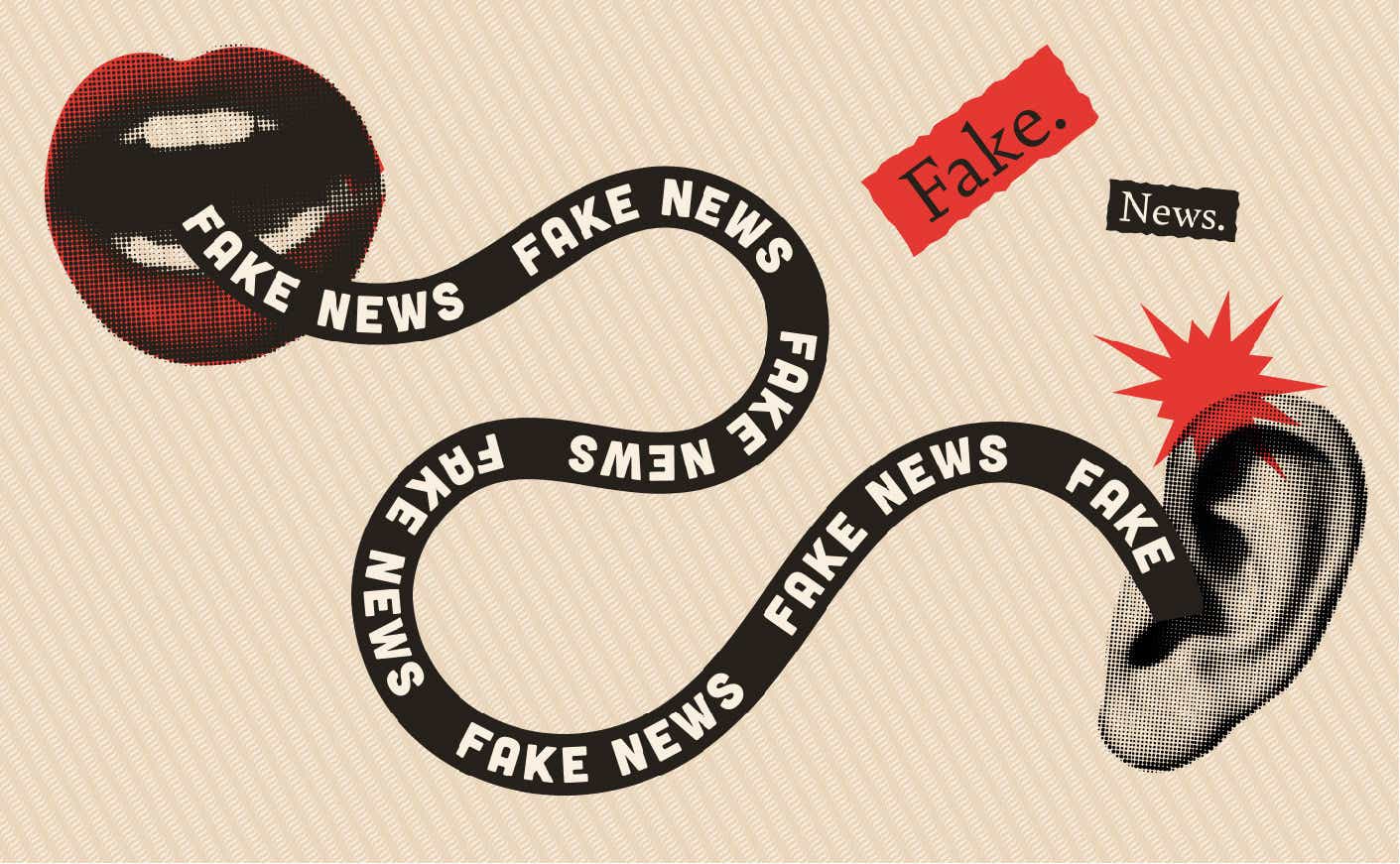In the last decade, as misinformation has proliferated across social media platforms, the line between fact and fiction has grown blurrier and blurrier. In some cases, there’s no line at all anymore, which has made it easier for election and climate change deniers to thrive.
Where does that leave us as we quickly approach what may be the most controversial — and consequential — presidential election in modern history?
In his new book, The Death of Truth, renowned author, lawyer, and journalist Steven Brill analyzes exactly how we arrived at this troubling moment in history and what we might do to improve our cultural discourse moving forward. Brill is an expert in fact versus fiction: He founded the monthly magazine The American Lawyer and the television channel Court TV. More recently, he founded NewsGuard, an online rating system for news and information websites that helps average citizens understand how reliable a news source actually is.
The Death of Truth is now available for purchase. Below, Brill explains why he wanted to write this book, what kind of impact he thinks Trump’s guilty verdict will have on the presidential race, and more.
On Trump’s guilty verdict
“The rest of the world didn't get to see what the jurors saw. There wasn’t a camera in the courtroom, so viewers didn’t have direct access to the evidence. As a result, all the Trump supporters see is Trump talking about a kangaroo court, and a show trial, claiming everything is rigged, and saying the jurors are all biased. This isn’t great.”
On the perils of social media monopolization
“There should absolutely be more social media channels than we currently have right now. You should be able to have a choice. If you were able to choose, these platforms would be much more likely to abide by their own terms of service in order to keep you as a customer.
“Right now, the big platforms, like Facebook and TikTok, claim they can’t keep track of their own moderation standards, given how much content is uploaded to their site each minute. That’s unacceptable. It’s a violation of their terms of service. Think of it this way: If you go into a restaurant today, you'll see a sign that establishes occupancy limits. The restaurant can't say, ‘Well, 800 people wanted to come to our restaurant, so we had to let them in!’ That's what Facebook is saying. They’re letting more people in than they can possibly keep safe or manage.”
On what he means when he talks about “the death of truth”
“What the death of truth really means is that we've lost all respect or adherence to basic institutions, and to what I call the referees involved in those institutions. For example, scientists are no longer experts. They’re just people who have an opinion. Even factually based realities like global warming become points of debate and disagreement. It’s preposterous.
“About 30 years ago, my wife and I were at a parents’ day for our third-grade student, and the teacher asked one of the children, ‘How much is six times seven?’ The kid said the answer was 41. And the teacher said, ‘I disagree.’ It’s not a matter of disagreeing. Mathematical equations aren’t solved via matters of opinion. It’s not a matter of opinion that the earth is getting warmer. It’s a fact. And yet here we are, arguing about countless topics, trying to pretend that there’s a blurry line between fact and fiction.”
On why he wanted to write this book at this time in history
“I think it's a very dangerous time in America right now. I wanted to write the book because of what I’ve seen while working at NewsGuard: I’ve gotten a front-row seat to the not-so-gradual deterioration of belief in basic shared facts.
“In 2015, I interviewed a retired couple living in New Jersey who had spent their last $35,000 on Trump University. I was talking to these people because they were plaintiffs in the class action suit against Trump. They had signed affidavits saying they believed Trump had swindled them. So I was pretty shocked when they told me they would still vote for him in the presidential election. They said, ‘We've since seen online that he says he really didn't have much to do with it, and it was other people using his name, and besides, he's really going to fight for us. So we're going to vote for him.’ It was completely illogical. They chose to believe in a fiction that they had read.
“That story is, in a nutshell, why I wanted to write this book. If any society doesn't believe in the same set of facts and have a basic sense of confidence about them, then everything falls apart. Our system will not hold if everything becomes a matter of opinion.”









